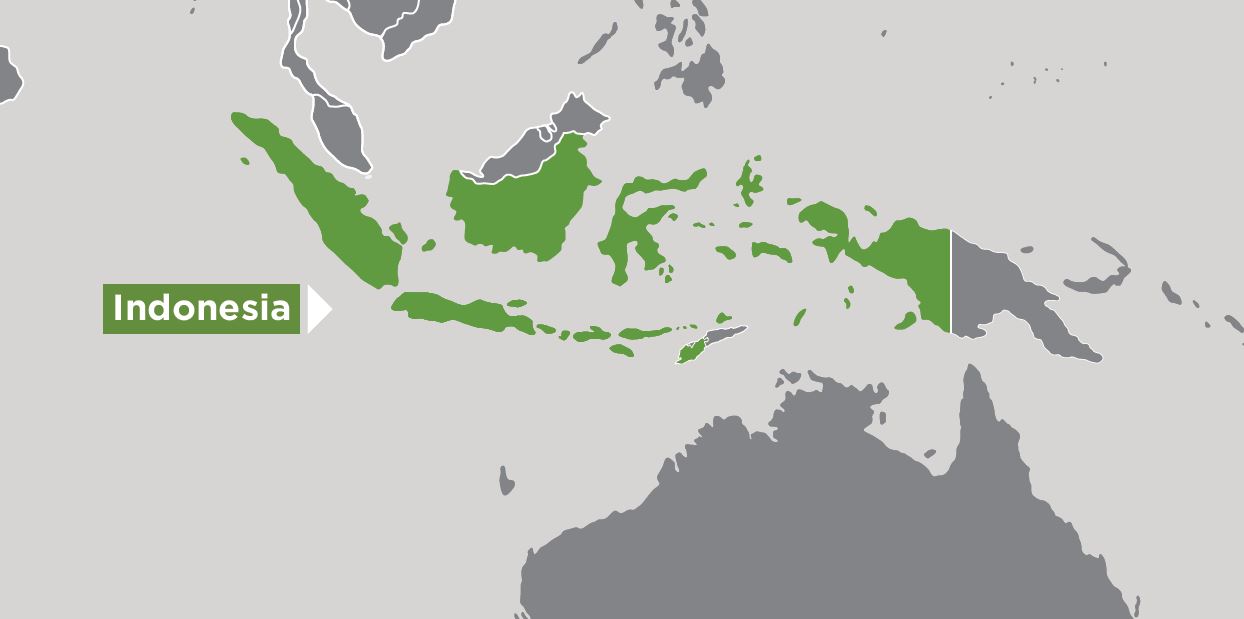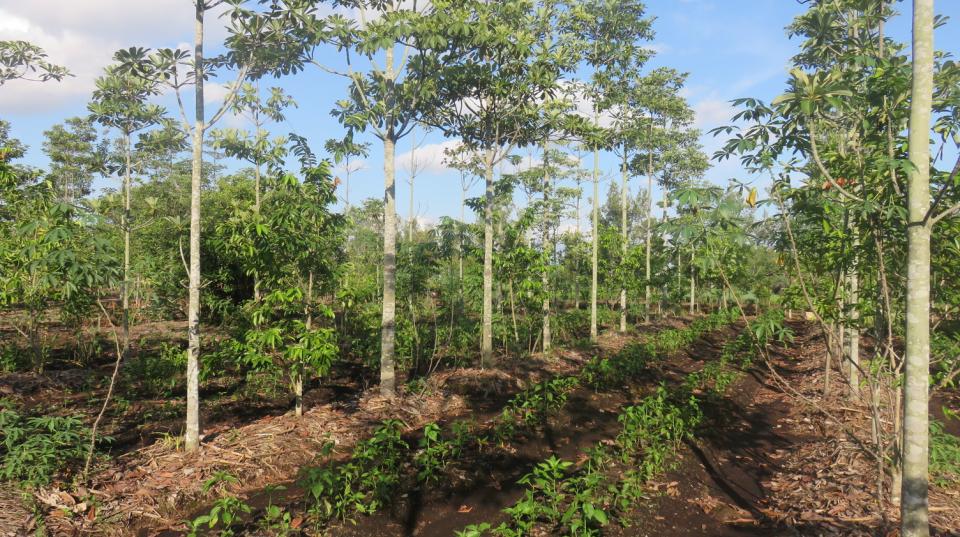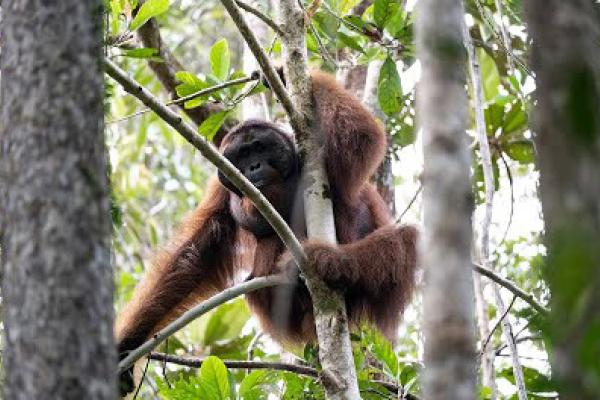Overview
This project is reducing unwanted peatland fires in Indonesia through science to underpin peatland restoration and to develop gender-inclusive sustainable livelihoods in and around peatlands.
Smoke haze from indiscriminate burning of peatlands has become a major issue in southeast Asia in recent decades, negatively affecting public health and the economy of several countries in the region.
The problem mainly stems from the burning of rural lands associated with the expansion of oil palm and timber plantations as well as smallholder agriculture. Peatland systems in their natural state do not burn because they are continuously wet with elevated water tables, but degraded peatlands, due to logging, clearing and draining, are susceptible to fires during the dry season.
Peatland restoration has not been attempted in tropical regions on a large scale. This project, also known as "Gambut Kita (Our Peat)", will assist Indonesia to reduce peatland fires and restore the peatlands in an effective and equitable way, and by so doing, help to mitigate the smoke haze problem and reduce greenhouse gas emissions.
Expected outcomes
- Increased capacity of the Indonesian Government to restore peatland in a manner that is socially inclusive and biophysically sustainable.
- Increased capacity of FOERDIA and other Indonesian partners to research biophysical, economic, policy and social aspects of fire management peatland management and restoration in an inclusive way.
- Increased capacity to improve the livelihoods of male and female smallholder farmers on restored peat in the focus areas of the project in South Sumatra and Central Kalimantan.
- Reduced peatland burning and fires, leading to reduced smoke haze and greenhouse gas emissions, and a commensurate reduction in negative impacts on public health and local, national, and international economies.
- Improved resilience, communities and industries operating on restored peatland.
Summary of outcomes to date
2022-23
In the last 12 months, the project team has published 13 peer-reviewed papers and given a range of conference presentations expanding and sharing the scientific knowledge base significantly. In 2023 the Gambut Kita team will produce a Special Issue in the journal Mires and Peat on “Social and ecological dimensions of tropical peatland restoration”, comprising at least 12 peer-reviewed scientific articles. This international journal exposure of the interdisciplinary breadth of work from the project will leave a lasting public legacy. Significant national capacity has been built, both in terms of infrastructure and expertise, in peat soil physics and chemistry. Investment in equipment and training has paved the way for Indonesia to measure and monitor peatland restoration progress and success. Indonesia is on track to be a world leader in understanding tropical peat soil properties, which can inform scientifically sound sustainable land management. The team is focused on building a pathway to landscape level restoration that aligns biophysical, social and policy best practices to empower communities to drive the restoration effort through being the beneficiaries of it, rather than being negatively impacted, as can be the case if restoration is not conducted equitably and sustainably. The team has been active in the policy area, hosting two policy dialogues on a peat fire danger rating system and the laws and regulations around peat management. This interdisciplinary team is working collaboratively to build and share scientific knowledge that will support and improve the outcomes of decisions and practices of implementation agencies in peatland restoration and management.






